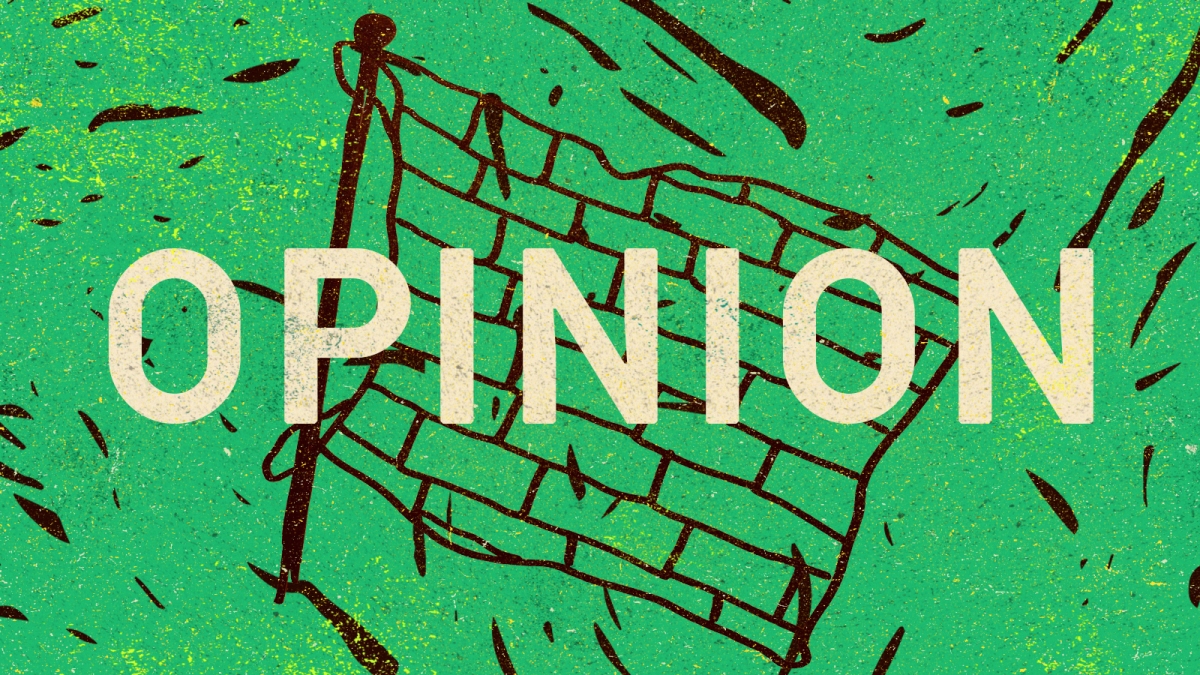Hamas’s attack on October 7, 2023, left around 1,200 people, mostly Israelis, dead. In response, Israel launched a full-scale invasion of the Gaza Strip, which has, to date, claimed the lives of 40,000 Palestinians, half of them children. While most Western nations have been hesitant to strongly condemn Israel’s strikes and attacks against innocent civilians, their response to Hamas has been unequivocally harsh.
The Western community defended Israel’s right to defend itself—even, to this day, in disregard of international law—the international condemnation of its ongoing attack on the Gaza Strip has been primarily led by voices from the global south, as illustrated by a genocide case initiated by South Africa and supported by Brazil, Indonesia, Algeria and Namibia, among others. In this context, one might expect nations that have previously endured similar tragedies to rise in the defense of humanity and freedom.
However, over ten months into Israel’s full-scale siege of Gaza, Kosovo—neither through its government nor its president—has failed to meet the challenge of honoring its own dignity as a state founded upon the debris of persecution and oppression.
Acknowledging the suffering of Palestinians, who have endured such calamities for decades, should be a moral imperative. Nevertheless, Kosovo government representatives and institutions have remained silent thus far.
Mimicking a vast majority of Western countries, institutional signs of solidarity with Israel have prevailed across Kosovo’s high leadership echelons—in stark contrast to very poor public acknowledgments of the situation in Gaza, or of the Palestinian people for that matter.
Since the October attack, Prime Minister Albin Kurti has majorly limited himself to support Israel’s right to self-defense and hope for a permanent ceasefire between Israel and Hamas, while President Vjosa Osmani has been equally discreet in her public remarks.
Both figures are renowned in international fora for calling out Serbia’s wrongdoings against Kosovo Albanians less than three decades ago and demanding justice following comparable massacres. They have also been very outspoken against Russia’s current aggression in Ukraine.
It feels particularly ironic, thus, that a leadership—let alone a political party with the history and mission of Levizja Vetëvendosje—which, for long, has campaigned on a nominally anti-colonial platform and has held self-determination as a core principle, fails to publicly recognize Israel’s machinery of oppression and violence against Palestinians unfolding in plain sight.
Acts of solidarity with Palestine in Kosovo have, for the most part, come from civil society. Citizen and activist groups, like the Collective for Feminist Thought and Action, have spearheaded the civil outcry against Israel’s actions in Gaza, having convened some modestly-attended demonstrations and unfurling a giant Palestinian flag down the façade of the iconic Hotel Grand in downtown Prishtina—which was shortly thereafter removed, presumably by city authorities.
Kosovo’s political leadership, just like many in the Western world, is trapped in a self-imposed false dichotomy, where the mere acknowledgment of the carnage in Gaza is being pushed forward as opposing the right to self-defense and, even more concerningly, as full-on anti-semitic.
In reality, however, it is simpler than that. International law, and international humanitarian law within it, shed no doubt that a condemnation of Israel’s actions in Palestine is an international legal and moral imperative.
Internal and external factors can be argued to undermine Prishtina’s capacity to speak up firmly against the actions of the Israeli government, yet only to a very limited extent—including Israel’s recognition of Kosovo in 2020 and a more than notorious dosage of soft power and diplomatic pressure from the United States, Israel’s foremost ally. Kosovo was also graced in June by the visit of Moshe Arbel, Israel’s Minister of the Interior, where a visa waiver agreement between the two countries was signed.
At a structural level, the relatively subdued support for Palestine among Kosovo’s population may be rooted in a rejection of the extreme forms of Islam often associated with Palestinians. Many Kosovo Muslims do not identify with this portrayal, instead sympathizing with the side perceived as more advanced, sophisticated and civilized.
Whatever the reasons, nothing can justify not speaking out. Outright defense of the Palestinian struggle is a duty that must be made explicit by Kosovo’s leadership—with a view towards full-fledged recognition in the short to medium run. Recognition of a Palestinian State is a bold move that can surely face diplomatic retaliation, not least as a country that is particularly vulnerable to pressures from the United States and from bigger Western powers. However, Kosovo is also an independent and autonomous subject that can and must make its own foreign policy choices.
How can the government of a people whose self-determination was denied, a people that counted a death toll of thousands and that has built upon the trauma of ethnic cleansing as part and parcel of its story, barely stand up for the slow and painful revisitation of its own tragedy?
It is Kosovo, if anyone, who must have the sensitivity to recognize acts of oppression, crimes against humanity and genocide, and it is Kosovo who must build up the courage to speak out against it.
The refusal to publicly acknowledge Palestinian suffering makes the leadership in Prishtina hypocritical at best. However, it is never too late for Kosovo to help heal its own wounds and take a brave step forward to ultimately forgo an otherwise unnecessary dilemma: the choice between rewarding oppression or being on the right side of history.





























































